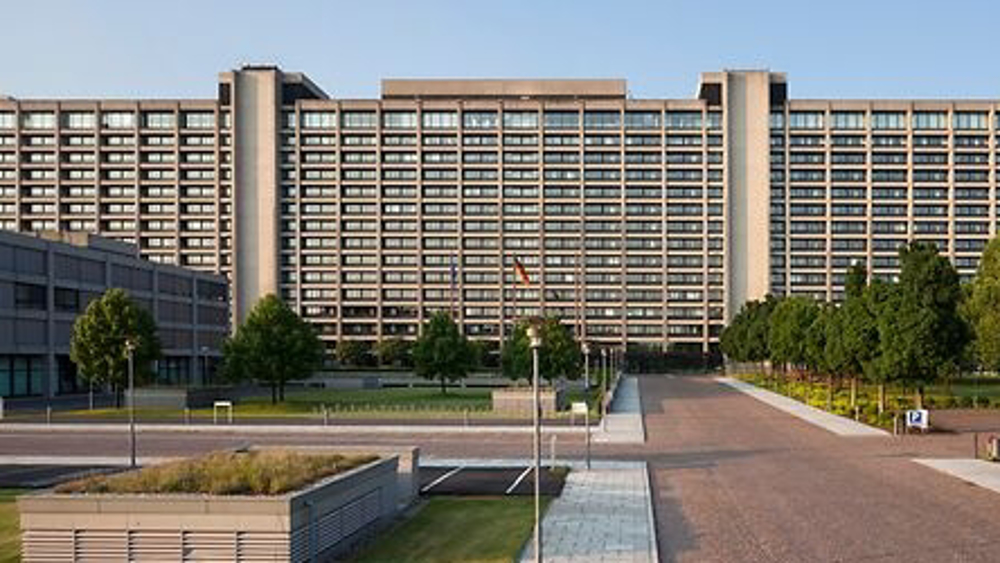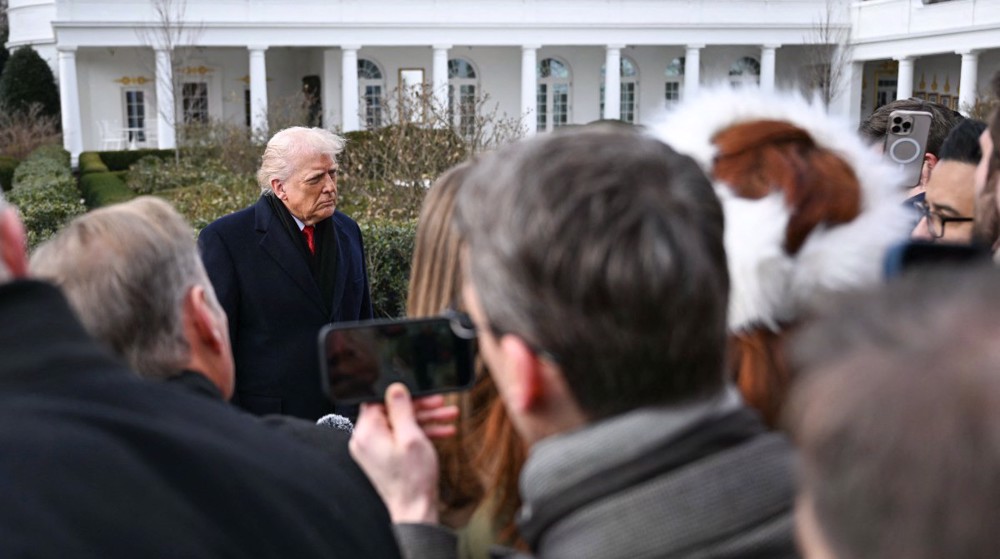Merkel 'regrets' Israel PM's snub of German foreign minister
German Chancellor Angela Merkel says it was "regrettable" that Israeli Prime Minister Benjamin Netanyahu refused to receive Germany's foreign minister following the senior diplomat’s meeting with pro-Palestine advocacy groups.
"The chancellor finds it regrettable that a meeting between Foreign Minister (Sigmar) Gabriel and Prime Minister Netanyahu did not take place," Merkel's spokesman Steffen Seibert told reporters at a regular government briefing in Berlin on Wednesday.
Gabriel arrived in the occupied Palestinian territories on Monday. He had in advance made it clear that he would seek to meet with the Breaking the Silence and B’Tselem groups, which oppose Tel Aviv’s occupation of Palestinian territories.
Netanyahu gave the top German diplomat an ultimatum over his planned meetings, saying he would not meet him if Gabriel refused to drop the plans.
The Israeli premier said the organizations “slander” Israeli troops “and seek to put our soldiers on trial as war criminals.”
Gabriel, however, proceeded to attend the meetings in spite of the warning. Netanyahu abruptly canceled the planned meeting on Tuesday.
Elsewhere in his remarks, the German spokesman backed the country's foreign minister in a spat over his meeting with a rights group in the occupied territories, saying, "It should not be problematic for foreign visitors to meet with critical representatives of civil society."
The spokesman also said the chancellor herself regularly met non-governmental organizations on foreign trips.
The German public opinion was also largely on the foreign minister's side, with the Spiegel weekly saying that the Israeli regime "has pushed the historically imperative special treatment to its limits."
The German foreign minister says he sought "to say openly that I think we should not become the pawn of Israel's domestic politics."
“I’ll say it openly, we cannot become a political football for Israeli domestic politics,” Gabriel said on Tuesday.

Observers say Netanyahu has irked Berlin by pressing on with settlement building in the Palestinian territories despite repeated warnings from world powers.
The Palestinian territories of West Bank and East Jerusalem al-Quds have been under Israeli occupation since 1967. Tel Aviv has been dotting the regions with settlements in what has been regularly denounced as an insidious trend towards annexation of the lands.
Berlin has been troubled for months by Israel's new settlement plans and attempts to crack down on critical NGOs.
The German Foreign Ministry openly voiced doubts for the first time in January about whether Netanyahu intended to respect his pledge for a so-called two-state solution. After simmering for months, a crisis between Israel and Germany erupted into the open when Merkel in February postponed annual bilateral consultations after her government questioned Israel's commitment to the solution.
Commenting on tensions between the two sides, Moshe Zimmermann, a geopolitical analyst at the Hebrew University of Jerusalem al-Quds, said, "Merkel has now changed her tone because (Israel) has taken the reservations expressed by Germany as a joke."
Eldad Beck, an Israeli journalist and writer, said, "Over the last 20 years, Germany has been normalizing its relationship with Israel. 'Normalizing' often has a positive connotation, but here it's the reverse, it's about ending a unique status accorded to the relationship with Israel."
Trump warns UK against enhancing China ties as PM Starmer hails reset
VIDEO | Press TV's news headlines
Iran rejects threats, backs win-win diplomacy, Pezeshkian tells Erdogan
VIDEO | Disabled Iranian woman dies in German custody
VIDEO | Iranian students voice anger at French govt. for hostile policies
VIDEO | EU appears indifferent about Trump's illegal war threats on Iran
Iran FM in Ankara for ‘closer consultations’ on ‘serious’ regional situation
Iranian officials: EU will regret 'servitude to US' over IRGC designation










 This makes it easy to access the Press TV website
This makes it easy to access the Press TV website